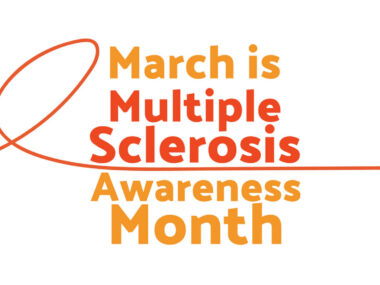Access to MS Therapy in US Often Determined by Patients’ Insurance Coverage
Written by |

Individual health insurance coverage largely determines a multiple sclerosis (MS) patient’s access to disease modifying drugs in the United States, mainly because of the rising costs of newer medications and near-annual changes in insurance policy coverage, usually making such coverage more restrictive, researchers report. These twin problems often leave MS patients relying on suboptimal therapies rather than those that might best treat their disease.
The study, “Health insurance affects the use of disease-modifying therapy in multiple sclerosis”, was published in the journal Neurology.
While drug development has produced a number of new treatment options preventing relapses and slowing the progression of MS, such drugs are often expensive, making both private insurers and public insurance regulatory bodies adopt a strict policy in their allowance of such treatments.
MS patients in the U.S. often need to meet specific criteria to get a disease-modifying treatment covered by health insurance, and often are required to partially finance the treatment through copays. These circumstances may prevent some patients and their physicians from choosing certain treatments according to the best available evidence, and preferences of the patients themselves.
The data stems from an investigation by researchers from the University of Alabama at Birmingham, surveying patients in the North American Research Committee on MS registry. In 2014, 6,662 patients answered questions about their insurance coverage and how it affected their treatment.
Although the vast majority, 6,562 individuals or 98.5%, had health insurance, 22.1% of respondents reported that the terms of their coverage had changed in a negative way over the last year. People having private insurance were more likely to report that these changes were for the worse.
Among participants not receiving disease modifying drugs, 6.1% said that an insurance or financial issue was the only reason preventing them from using such therapies. Among people receiving disease modifying drugs, almost one-quarter (24.7%) stated that such treatment was made possible, entirely or partly, by support from free or discounted drug programs.
“It is uncertain whether the extensive use of free or discounted drug programs reflects that a preferred DMT [disease modifying drug] was not covered by insurance or whether copays were too high, but suggests an important gap between health insurance needs and current coverage,” the researchers wrote. “While negative insurance changes may explain the gap for some individuals, the recognized rise in the cost of DMTs is likely to be another substantial contributing factor. If the costs of DMTs continue to rise as they have over the last 5 years, we can expect that they will become unattainable for many individuals with MS.”
Particularly vulnerable patients are young women and those with low incomes, who were most likely to report they were not using disease modifying therapies “for insurance reasons,” the team reported.
Among MS patients receiving disease-modifying treatment, the study also found that a small proportion (3.3%) had initially gone through a round where the insurer denied such treatment. In addition, 2.3% reported that insurers had denied a switch in the type of disease-modifying drug, and 1.6% stated that they skipped or split doses of their treatment because of an increased copay, making it difficult to financially manage the treatment.
Emphasizing that “skipping doses” is known to increase “the risk for MS-related hospitalization, relapse, and medical costs,” the researchers said, “we have shown that this is a specific concern in the MS population, which may worsen as the costs of DMTs rise.”
They concluded by recommending that future studies “seek to understand the relative importance of, and interplay between, all of these factors in nonadherence and how they vary across health systems,” and that “[a]ction is needed to ensure that all individuals eligible for DMT, including groups for which therapies are newly emerging such as PPMS [primary progressive MS], are able to benefit from these therapies if they and their physicians deem it to be the best course of action.


